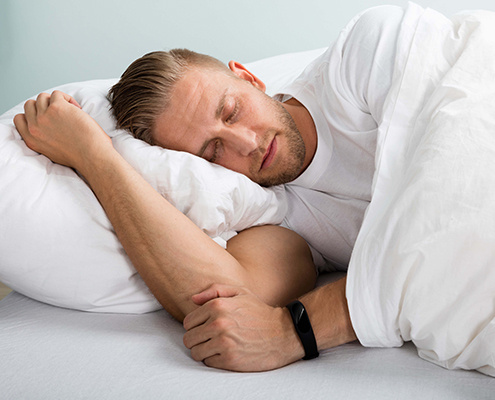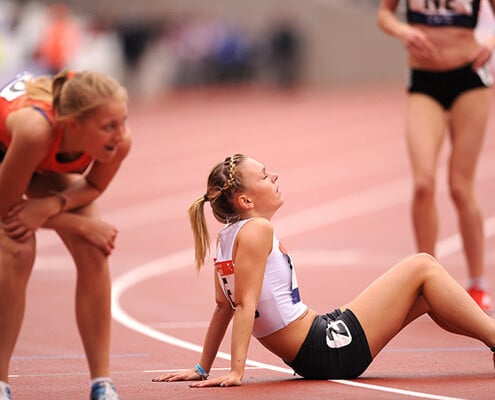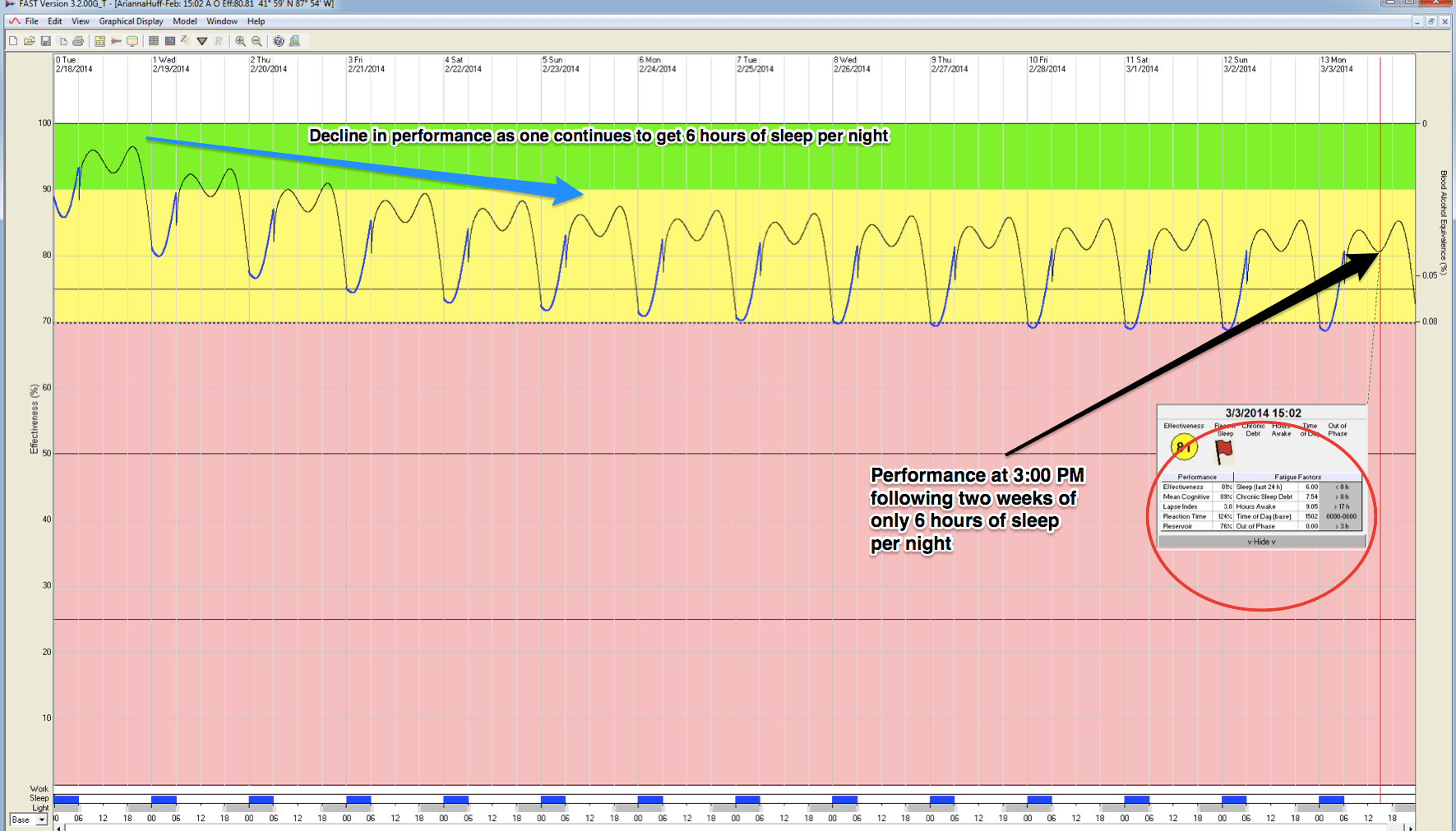You have done all the training, eaten all the right things, and are feeling ready for the big competition tomorrow. How do you make sure all your confidence isn’t derailed by one bad night of sleep? Here are some sports sleep tips for athletes to get a good nights sleep before a big competition:
Top athletic teams use the ReadiWatch to track their sleep and improve their performance. Get a demo.
1. Make Sleep a Part of Your Regular Training Schedule
How can you sleep when you're wracked with pre-game day nerves? First, make sure sleep is part of your regular training schedule. Sufficient sleep is important to athletic performance – have a routine and make regular sleep a priority. Having a routine is a very effective way for how to get yourself to sleep before a big game. For professional teams and athletes, sleep monitoring and fatigue management is just as important as managing training exercises and nutrition.
2. Increase Sleep to 10 Hours
Leading up to the big game or competition, try to bank some extra sports sleep. A study conducted at Stanford University on sports sleep demonstrated that increasing sleep to 10 hours per night for a period of time improved athletic performance for tennis and basketball players. Additionally, banking extra sleep ahead of time will reduce the impact of restricted sleep the night before the big game or competition. Make sure you don't find out what happens when you don't sleep for 24 hours before a big game!
3. Follow Proper Sports Sleep Hygiene for Athletes
The day before the big event, plan to wind down early and do some relaxing activities. Make sure you keep with your sports sleep routine. How can you sleep at night if you eat a heavy meal too late or consume caffeine after noon? Take extra care not to do anything that will disturb your sleep later. This can wreak havoc with your plans for getting yourself to sleep.
To help promote sleep in the evening, practice effective sleep hygiene:
- shut off TVs, computers and smart phones
- take a shower or bath
- stretch
- reading to focus your mind and reduce pre-game anxiety
4. How to Get Yourself to Sleep If You Wake up in the Middle of the Night
Pre-game nerves are hard to control – if you find yourself waking up in the middle of the night, don’t panic. Remind yourself that you have made sleep part of your regular routine and banked extra sleep ahead time.
The number-one tip for how to get yourself to sleep if you wake up in the middle of the night: Don’t get up and turn on lights or check your phone. Instead, breathe deeply and do things to slow down your mind – like counting backwards or listening to quiet relaxing music.
5. Nap the Day of the Game
If the day of the game arrives and you are worried that you haven’t slept enough the night before to perform at your best – here's a good sports sleep tip: you can plan a carefully timed nap. A 20-minute nap about two hours before your event should provide extra alertness just in time for you to hit the field.
Battling nerves to get a solid eight hours of sleep the night before a big competition is not always easy. The best strategy to ensuring you have sufficient rest to perform your best is to manage sleep as part of your regular training program.
If you would like even more sports sleep tips on how to improve your performance by managing your sleep, download and read our comprehensive eBook on the Science of Sleep. You’ll learn: how sleep deprivation affects an athlete’s mental and physical performance, how sleep quantity and quality can be measured, and how Fatigue Science’s technology can help elite sports teams of all types manage sleep and improve performance. DOWNLOAD NOW.





